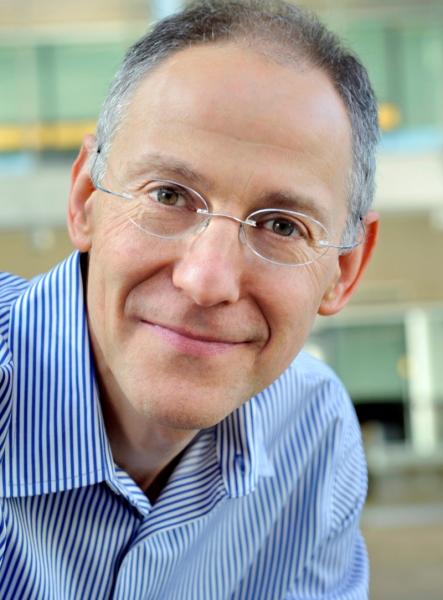Ezekiel Emanuel: Meaning, not length, most important in life
The meaningfulness of life, not the length, is important.
That’s the message Ezekiel J. Emanuel, MD, PhD, says he was trying to convey when he wrote an essay that was published by The Atlantic in October. In a webinar with members of the media on Friday, the oncologist and bioethicist said he intended to start a conversation about aging and the end of life in the United States when he wrote the piece expressing his personal plan to forgo life-sustaining interventions when he is older, believing that they would be of limited benefit and would distract him from enjoying life. Emanuel’s writing certainly caught people’s attention, although he said he worries that the Atlantic editor’s chosen headline, “Why I Hope to Die at 75,” was so “provocative” that some would-be readers didn’t get past it.
 “I hated that headline, and I came to blows with the editor, James Bennet, about it,” the vice provost at the University of Pennsylvania said in response to a question from me. “Mostly, what I want is for people to think about the meaningfulness, ‘What would make my life meaningful?’ rather than ‘What would make my life long?’ My philosophy, as you can see from the article, is not about dying.”
“I hated that headline, and I came to blows with the editor, James Bennet, about it,” the vice provost at the University of Pennsylvania said in response to a question from me. “Mostly, what I want is for people to think about the meaningfulness, ‘What would make my life meaningful?’ rather than ‘What would make my life long?’ My philosophy, as you can see from the article, is not about dying.”
What gives life meaning, Emanuel said, is contributing to our families and our local and national communities—“the chance to enrich those around us”—rather than “adding up the years.” Quantity of life may or may not be associated with quality of life, added the former health policy adviser to the administration of President Barack Obama, and although human biology and culture encourage longevity, what most people value is quality.
The “Health Matters” webinar by ReportingOnHealth.org, an initiative of the USC Annenberg School of Journalism, had advice for journalists—be mindful that reports of greater happiness in late life usually involve research that excluded the less healthy seniors who are homebound or living in assisted living communities or nursing homes, he cautioned—but Emanuel’s message has implications for policymakers and healthcare professionals as well. He said we need to find ways to:
- Lessen the impact of disabilities that occur, so that mental and physical health decline can be slowed or prevented.
- Focus on reducing health issues that lead to pre-term deliveries, which can be associated with subsequent cognitive and physical dysfunction; infant mortality; and adolescent death via violence or suicide.
- Train physicians and nurses on how to discuss the difficult topic of advance planning for the end of life with those for whom they care. (Emanuel said that training is more important than reimbursing healthcare professionals for such discussions, which would not necessarily result in patients/residents making decisions.)
“The real implication is to ask everyone to think through what is meaningful in their life, and what would make them fulfilled at the end,” he said. One of the “privileges” for people who think about the end of life, added Emanuel—who does not support physician-assisted suicide, by the way—is that they know what they want before they reach that point.
And what else can professional caregivers take away from Emanuel's essay? Your work trying to improve or maintain residents’ quality of life and helping them find meaning in their lives is very important.
(Photo of Ezekiel Emanuel, MD, PhD, by Candace diCarlo)
Access all blogs by this author.
I Advance Senior Care is the industry-leading source for practical, in-depth, business-building, and resident care information for owners, executives, administrators, and directors of nursing at assisted living communities, skilled nursing facilities, post-acute facilities, and continuing care retirement communities. The I Advance Senior Care editorial team and industry experts provide market analysis, strategic direction, policy commentary, clinical best-practices, business management, and technology breakthroughs.
I Advance Senior Care is part of the Institute for the Advancement of Senior Care and published by Plain-English Health Care.
Related Articles
Topics: Advocacy , Clinical











